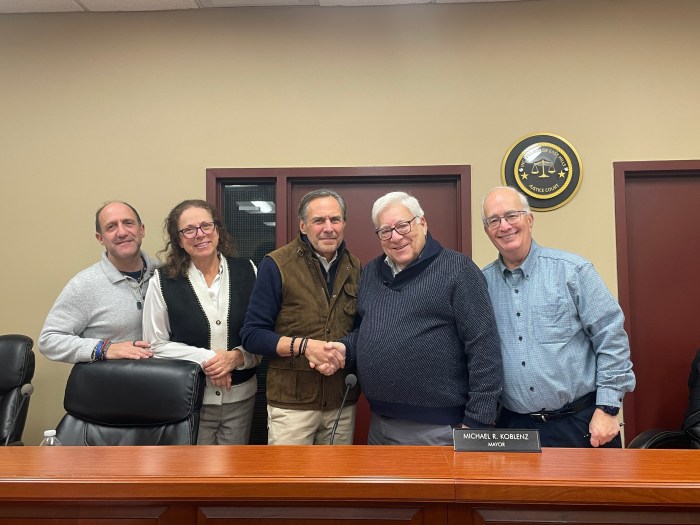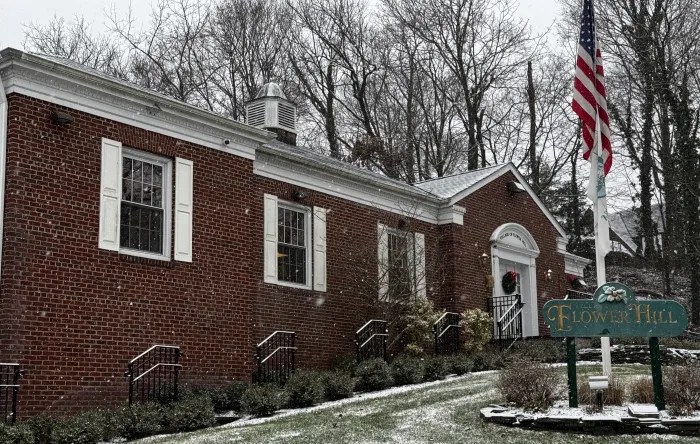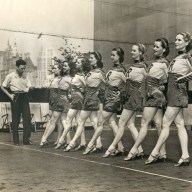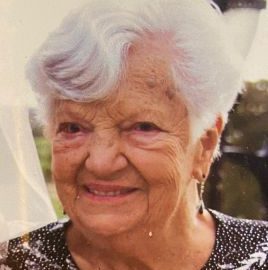Remember Charlie
Remember Baker,
They left their childhood
On every acre.”
In that 1982 hit, Billy Joel sang of his fellow Long Islanders who served in Vietnam. Those lines could just as easily be applied to the 241 Americans who died 40 years ago in the terrorist bombing of a Marine barracks in Beirut, Lebanon.
The deceased included Long Island Marines. Remember the names:
Michael J. Ohler, Huntington; Joseph Boccia, Jr., Northport; Joseph Milano, Farmingville; Craig Wyche, Jamaica; and Sam Cherman, Queens.
The New Yorkers who perished were a microcosm of the Empire State: City boys, country boys, townies, and suburbanites.
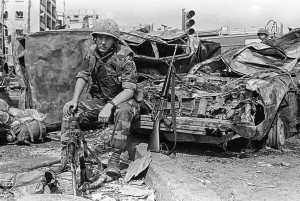
Remember them, too:
Alexander Ortega, Rochester; Bert Corcoran, Katonah; Kevin Coulman, Harold Gratton, Conoes; John Ingalls, Interlaken; James Jackowski, S. Salem; Steven Jones, Brooklyn; John McCall, Rochester; Richard Menkins, Tully; Robert Olson, Lawtons; Mark Payne, Binghamton; Terrence Rich, Brooklyn; Scott Schultz, Keesville; Ronald Shallo, Hudson; Craig Stockton, Rochester; Dennis Thompson, Bronx; and Brian O’Weeks, Brooklyn.
The Marines were deployed to Lebanon in October 1982, as part of a multi-national peacekeeping force. That included France. After World War I, Lebanon was liberated from the Ottoman Empire and became a French protectorate. Lebanon achieved its independence in 1943. Earlier, in June 1982, Israeli forces entered Lebanon to flush out suspected Palestinian Liberation Organization (PLO) terrorists in that country. Since 1975, Lebanon had been in the throes of a civil war, one that lasted until 1990. The terrorist attack took place on Oct. 23, 1983. For the Marines, it was the deadliest single-day attack since the famed World War II battle of Iowa Jima.
It wasn’t without precedent. On April 23, 1983, the first terrorist attack took place. Up to 63 people, including 17 Americans, were killed. After that attack, President Ronald Reagan declared: “These gallant Americans understood the danger they faced, and yet they went willingly to Beirut. And the dastardly deed, the act of unparalleled cowardice that took their lives, was an attack on all of us, on our way of life and on the values we hold dear. We would indeed fail them if we let that act deter us from carrying on their mission of brotherhood and peace.”
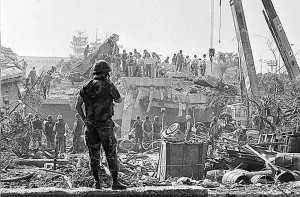
When the even more deadly October blast occurred, President Reagan reiterated his administration’s commitment to the peacekeeping mission. With an election year looming, Reagan, in January 1984, withdrew American forces from Lebanon.
The Oct. 23 attack shook the nation to its core. Pundits agreed that the tragedy would mean the end of the Reagan presidency. Other trouble spots were brewing. Little Grenada, an island nation in the Caribbean, had been subject to a Marxist takeover. That country’s prime minister, Maurice Bishop, had been assassinated. Other Caribbean nations asked for the U.S. expeditionary force to overthrow the current regime. An Oct. 25 invasion had been planned.
That weekend in late October was surreal. President Reagan and his aides were in Augusta, GA, all while finalizing the invasion plans. Reagan and Secretary of State George P. Shultz were playing a round of golf at the legendary Augusta National golf course, home to the Masters. A deranged local trespassed the course and was quickly apprehended.
When news of the terrorist attack hit, the Reaganites briefly contemplated canceling the Grenada operation. The invasion was a success. Reagan’s popularity ticked upward significantly. Was Grenada a response to Beirut? It had been planned all along.
Forty years later, bitterness over the Beirut tragedy lingers. Recently, survivors spoke to VFW News, expressing outrage and frustration.
David Madaras, a former Marine of C Battery, 1st Bn., 10th Marines, recalled seeing two men carrying a stretcher.
“Initially, my sight was drawn by the sun’s almost blinding reflection coming from a shiny belt buckle cinched around the waist of the stretcher’s cargo,” said Madaras, a member of VFW Post 9862 in Gaithersburg, MD. “What makes the image so unforgettable is that there was no body above the belt buckle.”
“I watched, sickened by a feeling of helplessness, as he [the Marine] received his last rites,” Madaras added. “Our efforts to free him were futile. I can still see his body becoming lifeless and hanging limp as he lost his struggle to survive.”
John Evans, a member of VFW Post 201 in Waterbury, CT was in Beirut as part of 3rd Bn., 8th Marines. Evans protested that the peacekeeping forces were not able to sufficiently perform their stated duties.
“Marines are trained to be aggressive,” Evans said. “Hell, we couldn’t even lock and load.”
Once the mission was completed, 238 Marines had died and 151 had been wounded, including 23 brave New Yorkers.





